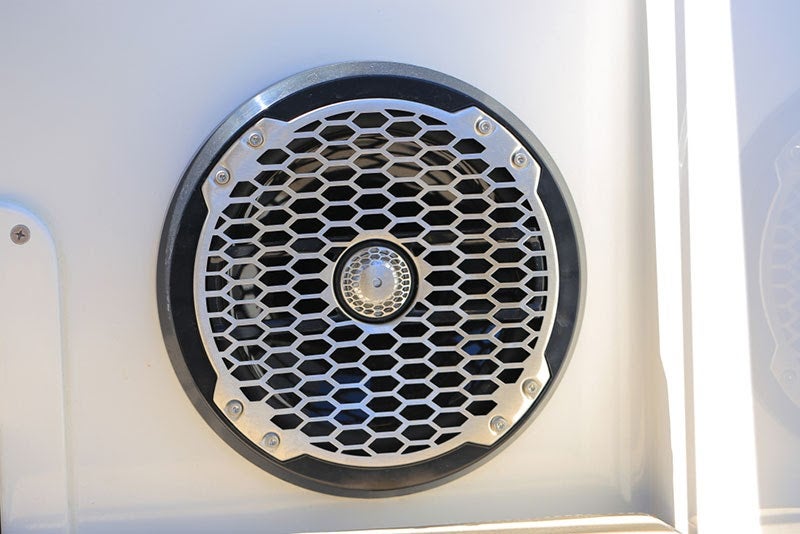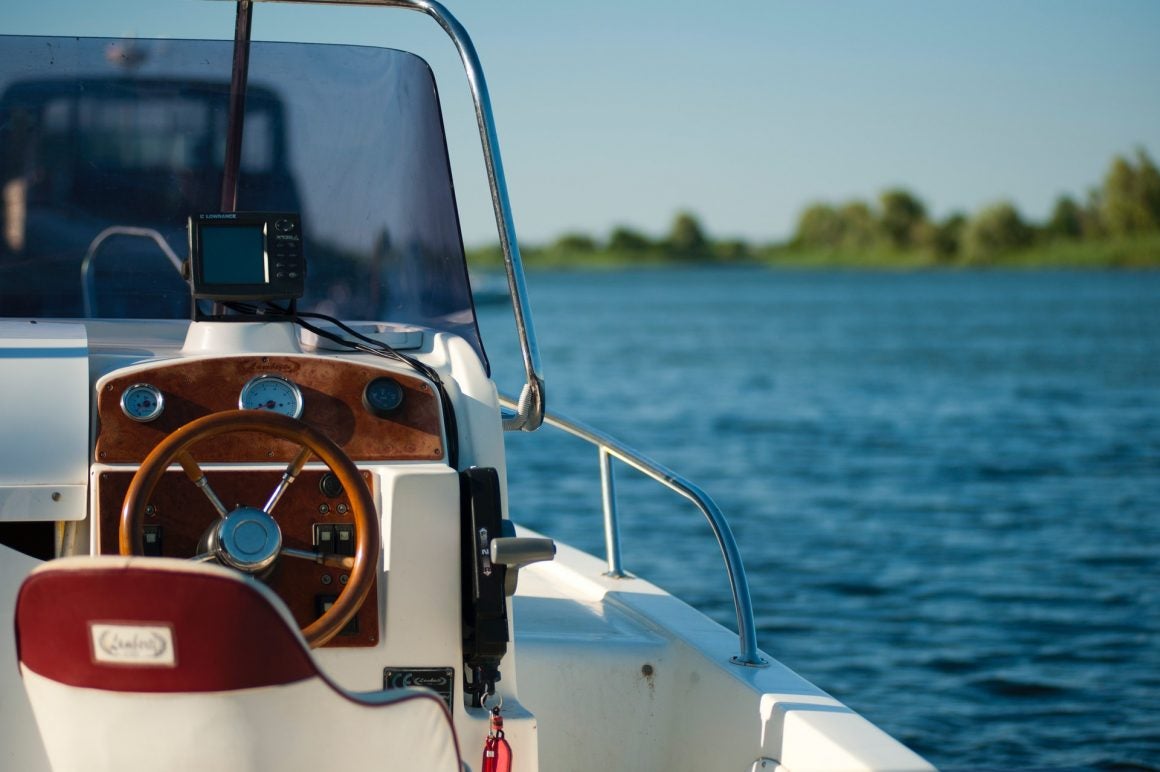It doesn’t matter if you’re out fishing or relaxing at sea; the experience is better with some good music. For this reason, it’s essential to choose great-sounding, quality marine speakers that can withstand the circumstances of such a unique environment and make you feel your favorite songs along with all the highs and lows over the sound of the waves and winds. They must be designed and built according to marine requirements, or they will degrade fast and disappoint you.
Same as when you are choosing speakers for your car, your boat speakers’ power and resistance levels are two things that should never be ignored. If you want to achieve superior sound quality when entertaining or relaxing on your boat, we have the information you need. This guide will emphasize the fundamentals you should know before purchasing new marine speakers for your boat audio system and walk you through the alternatives.
Make Sure To Install The Right Type And Size
If you’re changing factory-installed speakers with new marine speakers, you should know that there are no standard sizes to help you select the perfect fit. When a manufacturer claims that their speaker is 6.5″ in size, they refer to the cone’s diameter within the speaker and not the entire speaker.
Because the speaker could have a grille that is nearly an inch bigger in diameter, the manufacturer does not specify the installation size. Furthermore, even though they have the same cone size, the installation size varies. As a result, before deciding on the best fit, you should take precise measurements.
You should also evaluate if flush-mount speakers or box speakers are more suited to your boat. Flush mount speakers may fit nicely, but they need a sufficient mounting level. There must also be enough room behind the speaker to accommodate the magnet and cone and enclosed airspace to enhance resonance. On the other hand, box speakers take up more space but are easier to attach.
Understanding your size restriction will significantly decrease your options, allowing you to move on to the following factor for making your final selection.

Learn the Power Handling Capacity
If you don’t want to harm your speakers, make sure they can handle an equivalent or greater power level than your amplifier provides. This is because buyers may be confused since power may be assessed in two ways: peak power and RMS or continuous power. Since peak power is usually greater than average (RMS) power rating, many manufacturers advertise peak power to entice clients.
However, it is critical to understand both power ratings when connecting a speaker with an external amplifier. Furthermore, audiophiles claim that the peak power rating does not affect the sound. More significantly, if you want your speakers to sound loud and clear, you must adequately tune them.
Make Sure That The Speakers Have All The Important Features
The features of the speakers are crucial because the size and power are almost always similar. Therefore, we will single out a few very important features that quality marine speakers should possess.
Water Resistance
You may think that all marine stereos are water-resistant, but this is certainly not the case. However, all marine stereos include UV-resistant circuit boards coated to avoid corrosion in a humid environment. Aside from that, only a few are entirely resistant to rain and water. If you know your audio will get wet, check the specs to be sure it can withstand it. Consider that a stereo may only be partially waterproof, for example, if the faceplate is sealed, but the chassis is not. If water gets under your dash, this might be an issue.
Device Connectivity
If you intend to connect your speakers to any device, you must first understand what can and cannot be connected to your stereo. Aux audio input with a 3.5 mm input connector is standard on most marine stereos. Many versions have a USB connection for connecting devices and can charge and operate the most common MP3 players and smartphones. Some, however, necessitate the use of proprietary software. Again, it is critical to review the stereo specs beforehand to ensure that they will connect to your devices correctly.
Durability
Marine speakers are generally very heavy-duty and long-lasting devices. It is necessary for marine speakers to be made of high-quality, rust and corrosion-resistant materials. It is advised that you seek speakers with plastic cones, such as polypropylene and neoprene rubber surrounds, for good weather protection.
Final Thoughts
To make your next boat trip even better, you need to choose good marine speakers for your audio boat system. The weather and conditions along the water require you to adhere to a few basic rules when selecting them. It is imperative to choose speakers with specific features for your needs, so before making a purchase, make sure that they are suitable for your requirements.

